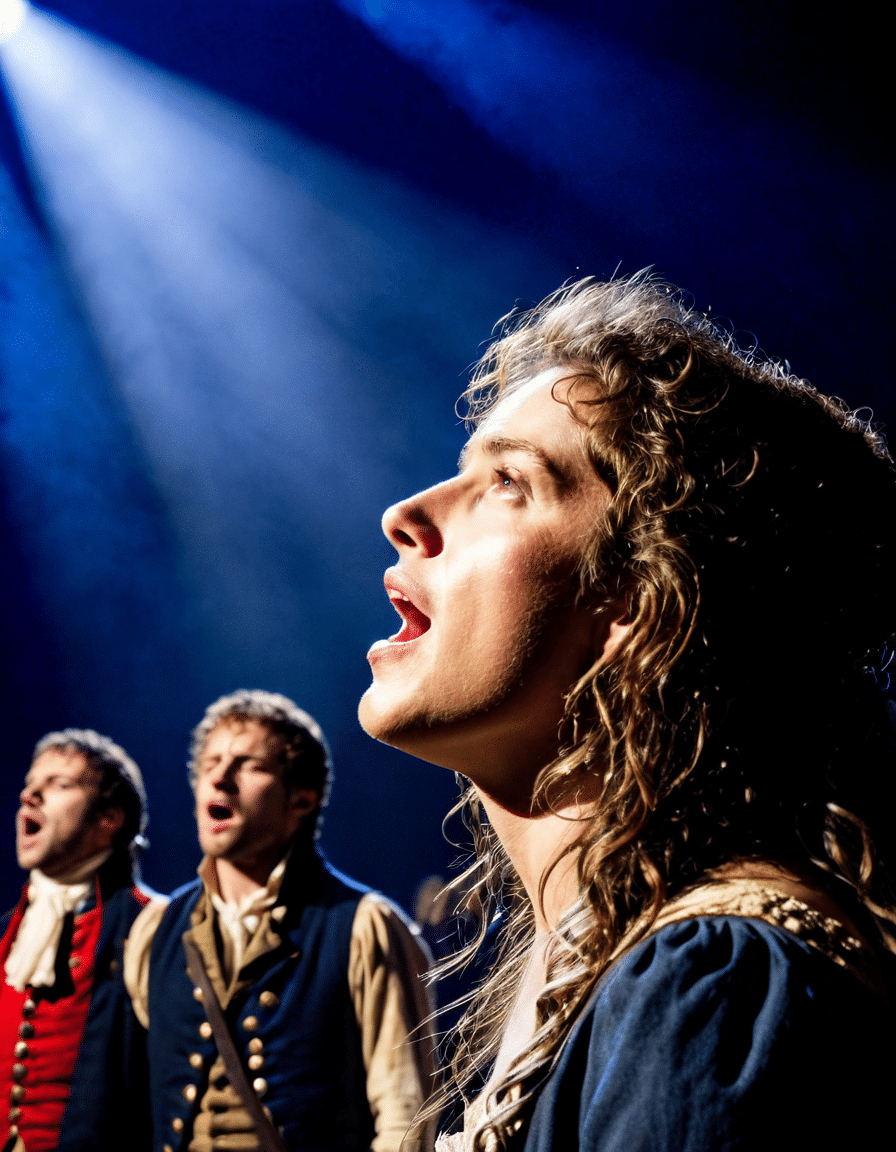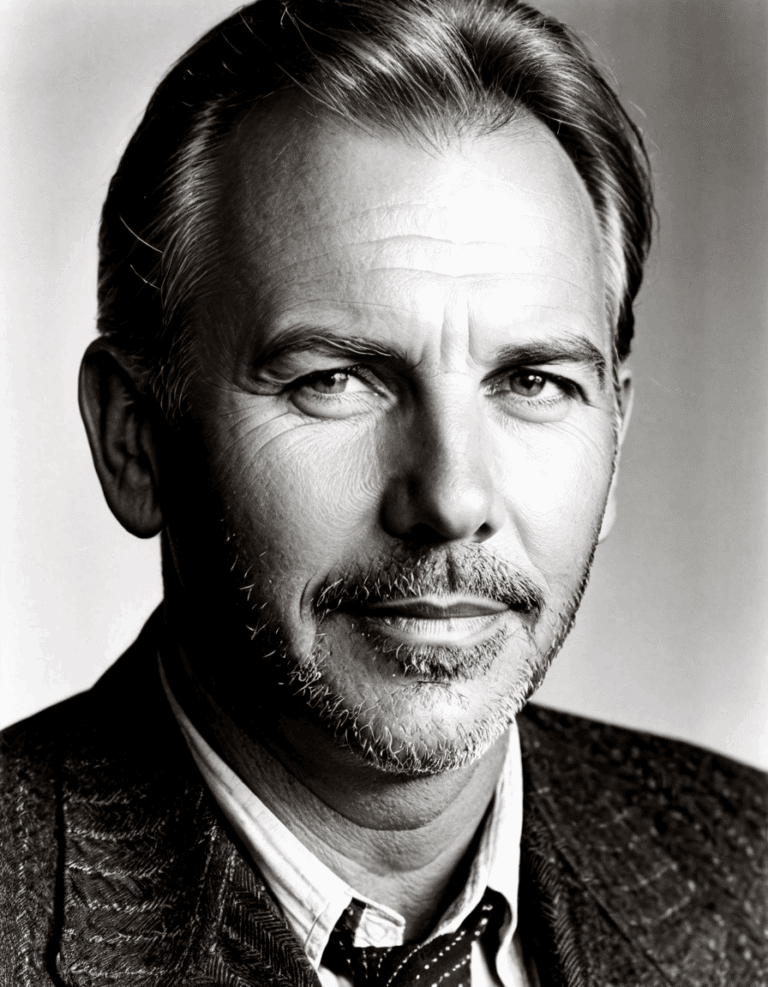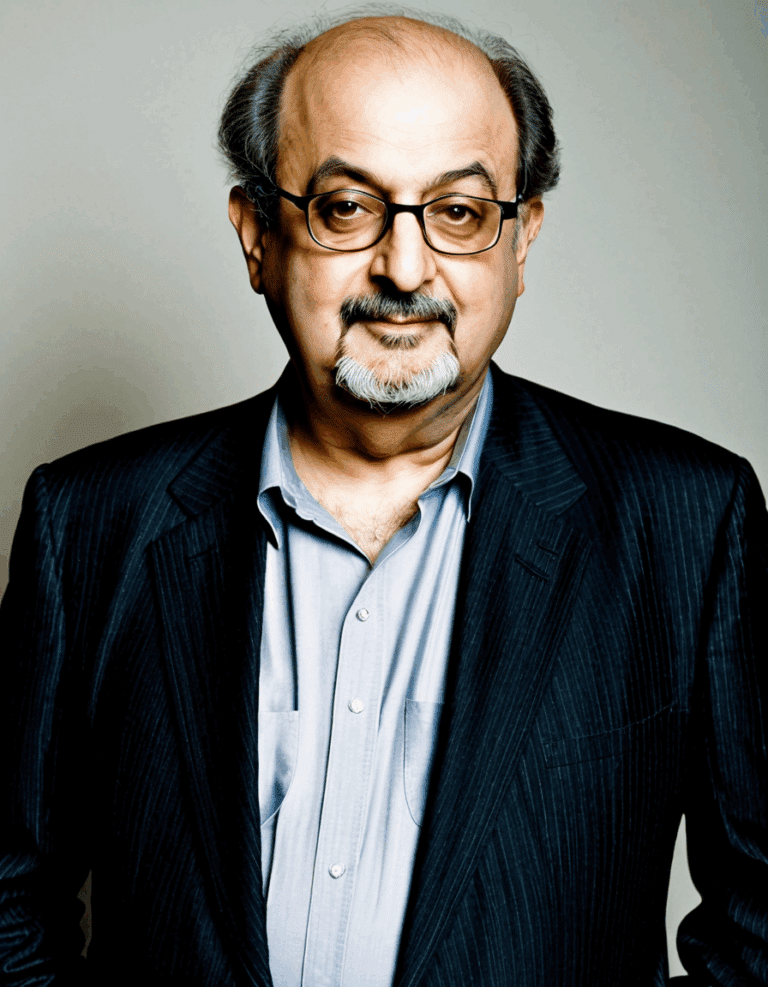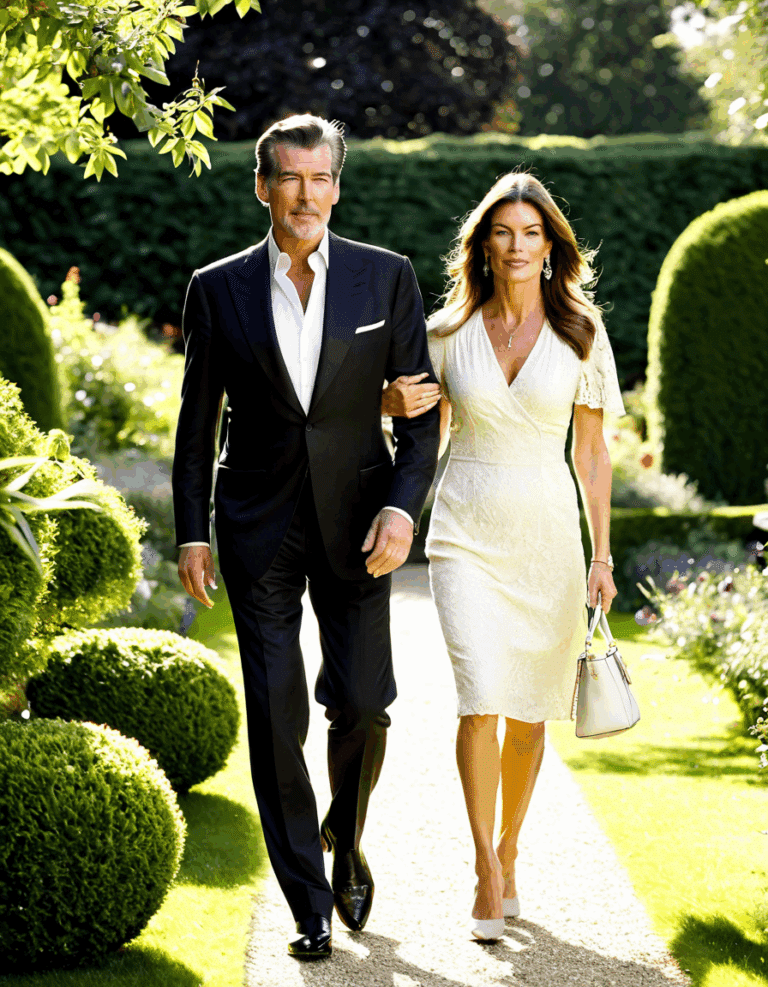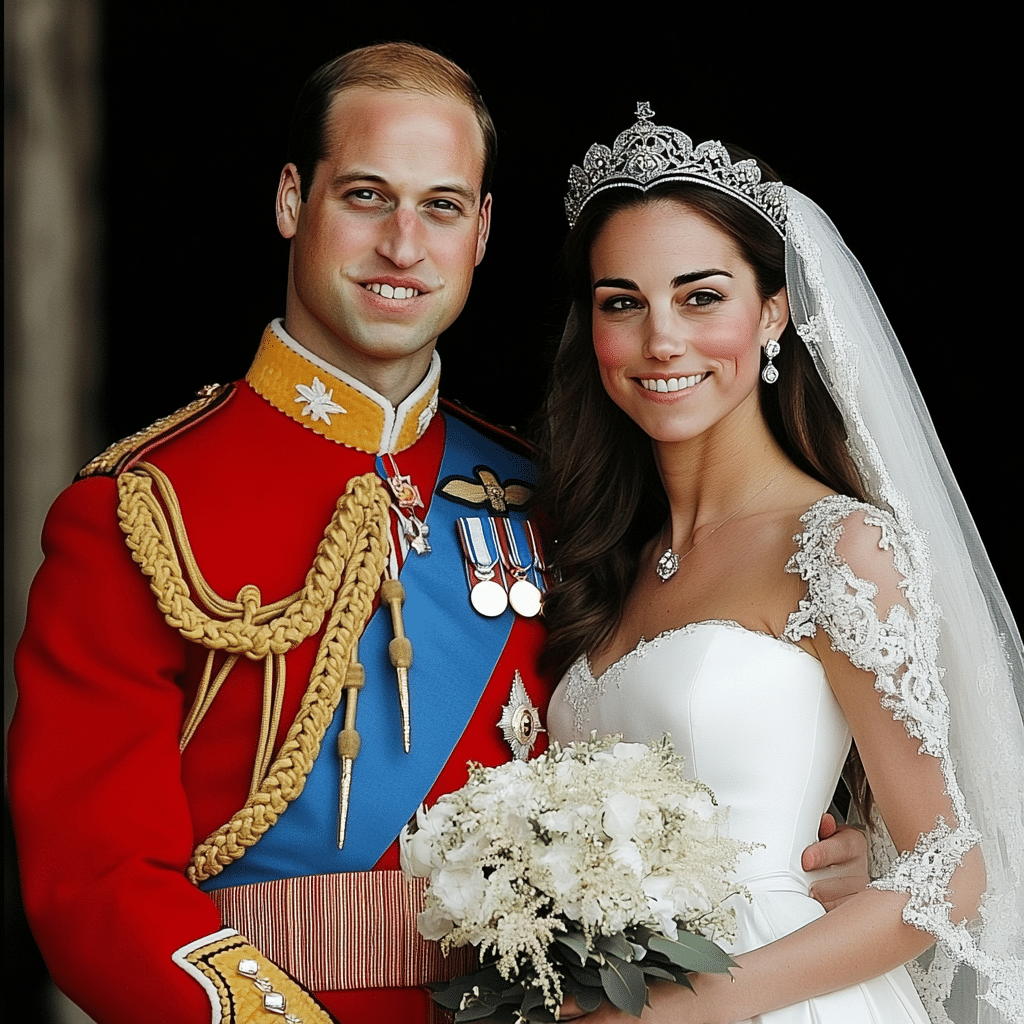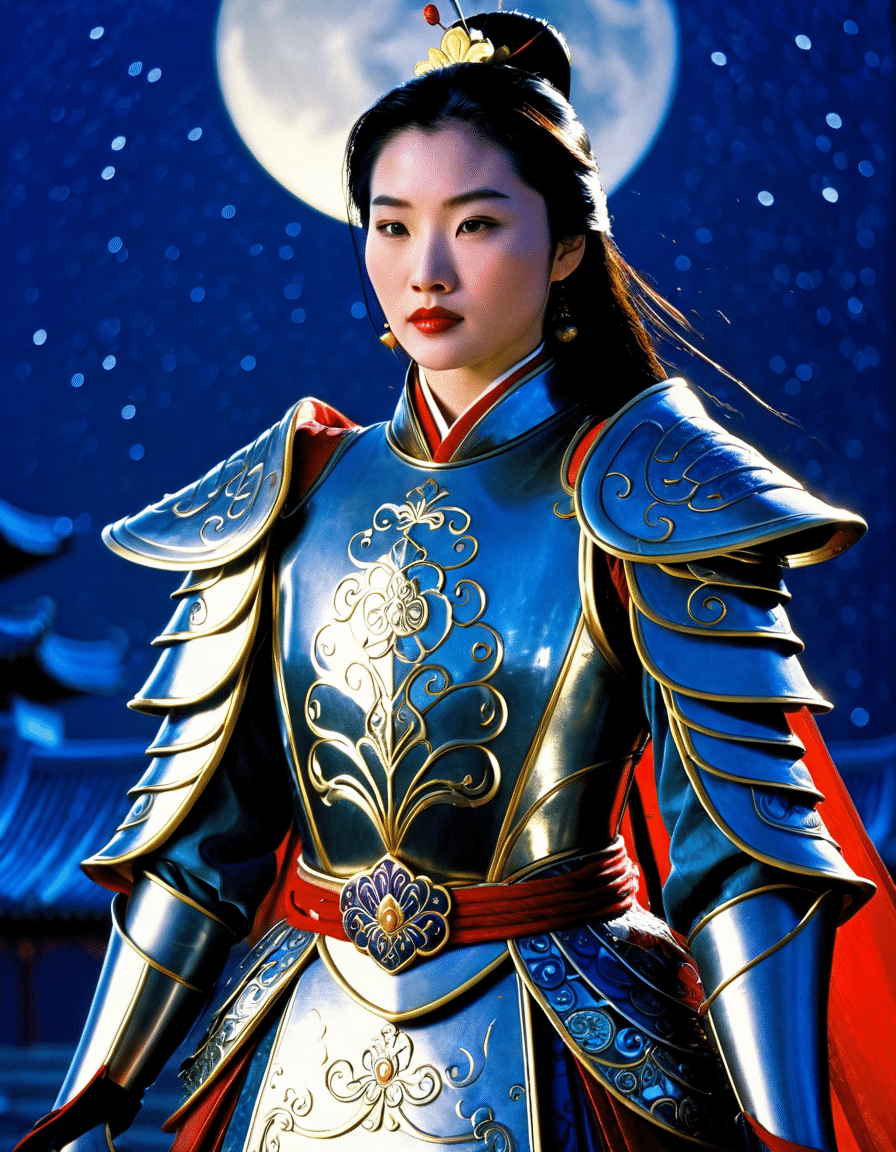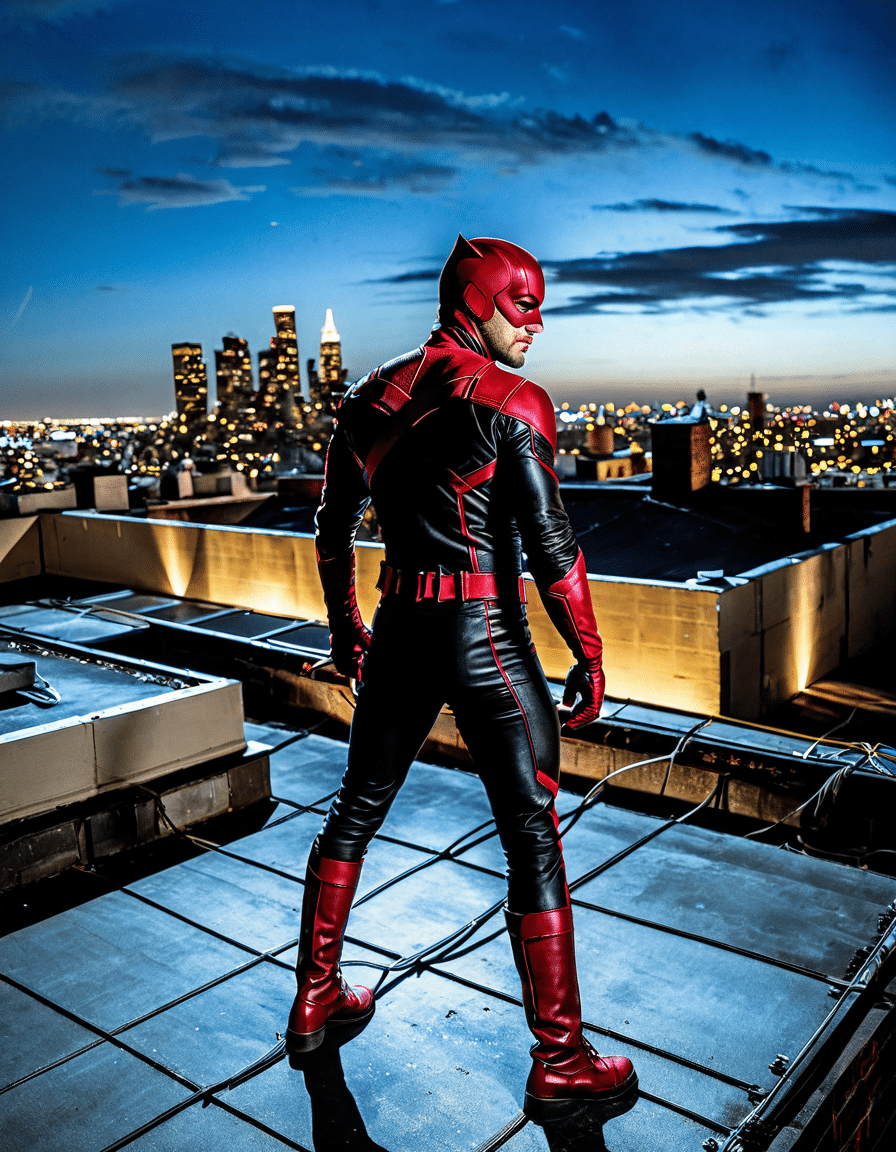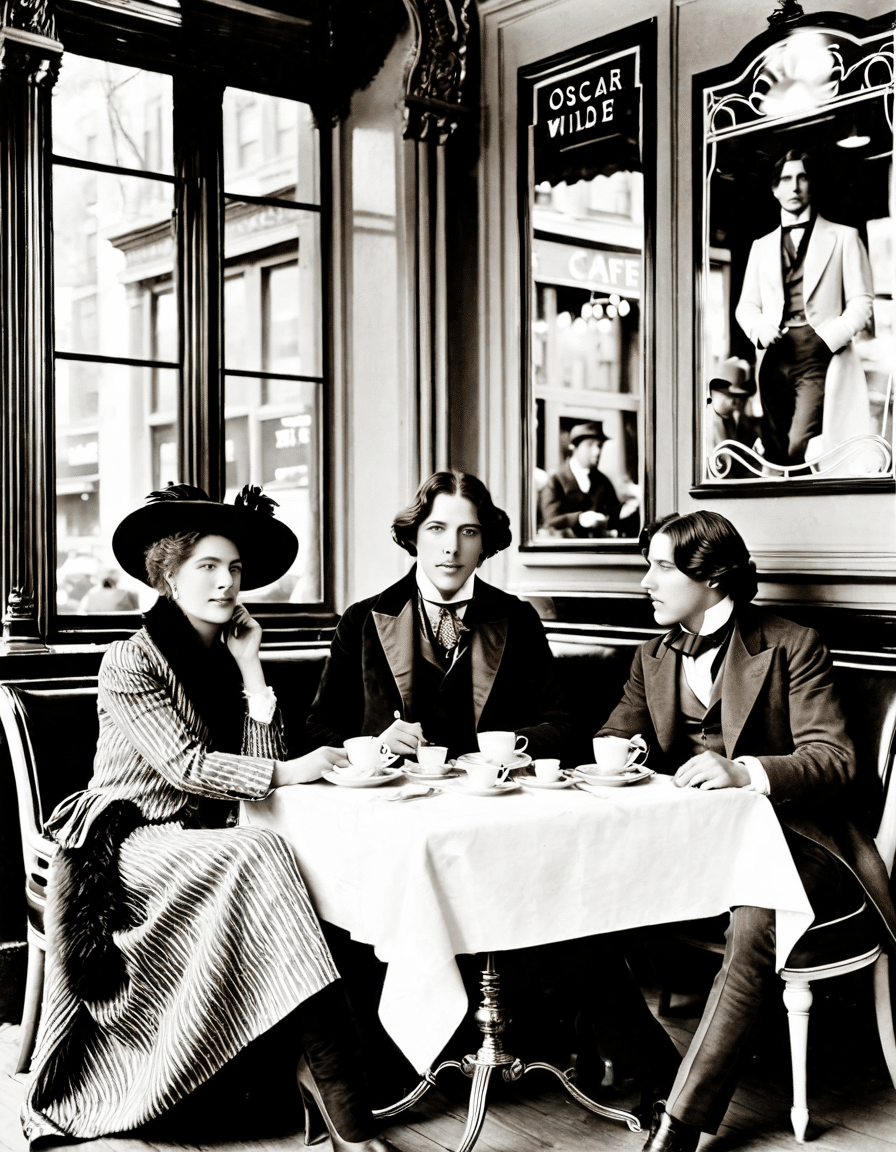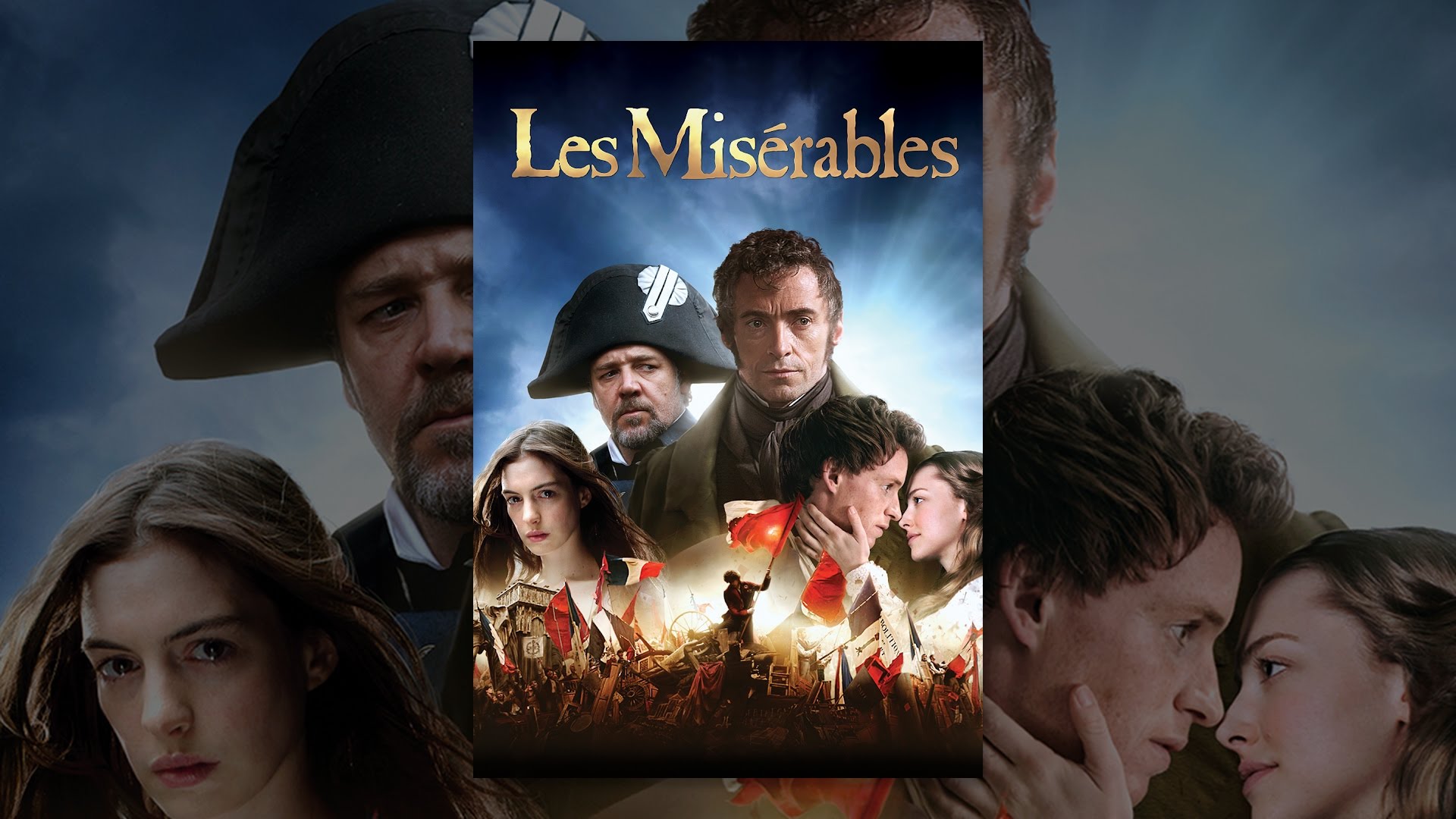
The Enduring Impact of ‘Les Miserables 2012’
The 2012 film adaptation of Victor Hugo’s revered novel, paired with the long-standing success of the musical “Les Miserables,” stands as a potent testament to the sheer power of storytelling through song. Directed by Tom Hooper, this cinematic version dazzled audiences around the globe with its breathtaking visuals and heart-wrenching performances. Without a doubt, Les Miserables 2012 has revitalized interest in the classic, setting an unwavering benchmark for future musical adaptations. Its triumph springs from several compelling factors, blending artistry with innovation seamlessly.
The film reimagined not just the narrative but also the very essence of what a musical can achieve. By marrying literal cinematic techniques with lush orchestration, Hooper’s vision enveloped viewers in an experience that echoed far beyond the theater. Les Miserables 2012 encourages deep reflection, showcasing the timeless struggles against injustice and the pursuit of redemption, resonating deeply with audiences from all walks of life.
Embracing the intricate layers found in Hugo’s original work, Les Miserables 2012 crafted a narrative canvas rich enough to engage both seasoned fans and new audiences. The profound themes of love, sacrifice, and revolution weave a familiar yet fresh tapestry, sparking discussions well beyond the theater doors. Truly, this musical masterpiece represents an astonishing revival, inviting us to immerse ourselves fully in its emotional depth and exquisite craftsmanship.
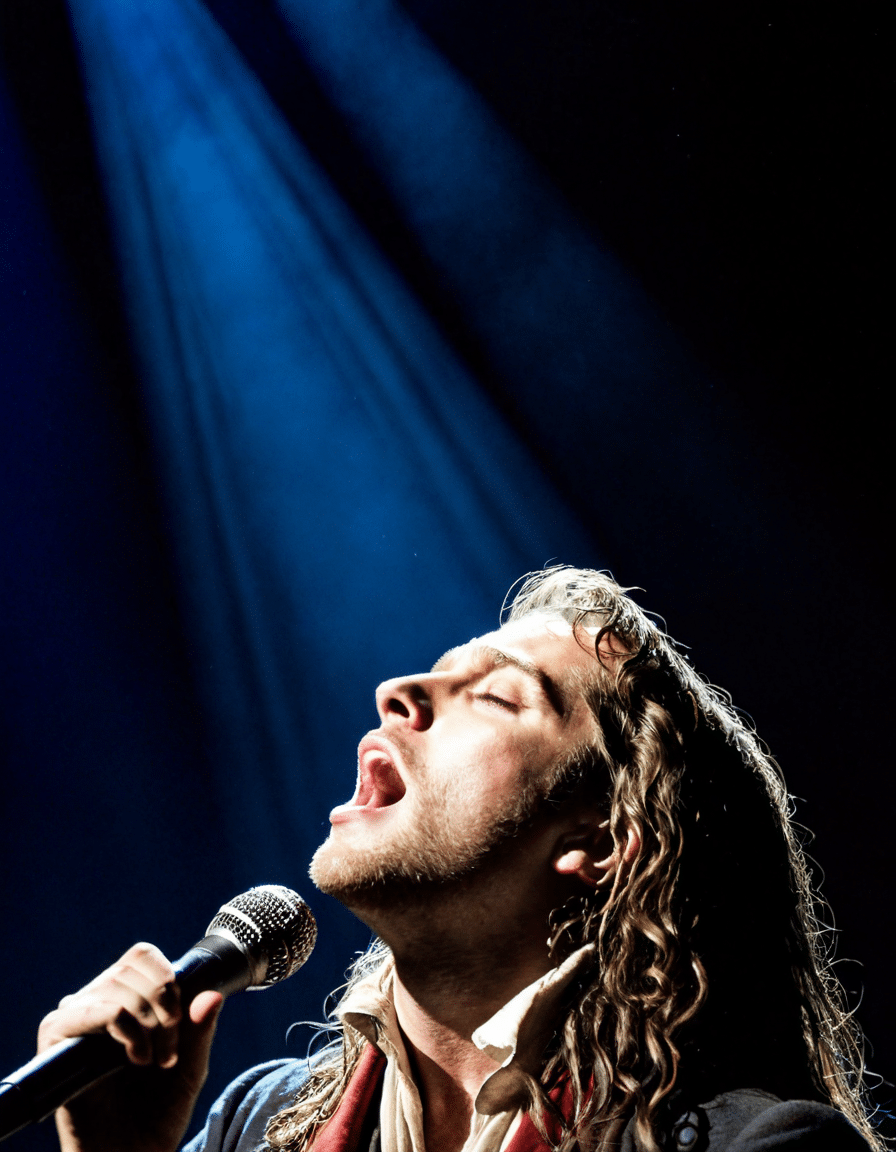
Top 7 Reasons Why ‘Les Miserables 2012’ Transcended Traditional Musicals
When we think of character depth, Les Miserables 2012 takes the gold. Hugh Jackman, as Jean Valjean, dives into the heart of redemption, tugging at the strings of our very being. Anne Hathaway’s heart-wrenching portrayal of Fantine delivers a raw portrayal of a woman abandoned by her dreams yet fiercely clinging to her love for her daughter. This emotional complexity transforms each character into a mirror reflecting our own struggles, epitomizing the universal human experience.
Forget the age-old method of lip-syncing to pre-recorded tracks. Tom Hooper turned heads by choosing to have cast members sing live during filming. This bold decision not only captured the essence of authentic performance, but it also paved the way for emotional outpourings that felt painfully real. Take Hathaway’s poignant rendition of “I Dreamed a Dream”; it echoes in our hearts, as if she’s sharing her soul in the rawest of forms.
Eve Stewart’s production design is nothing short of stunning. Every scene transports us into the gritty streets of 19th-century France, where hope mingles with despair. The detailed costumes and atmospheric sets conjure an immersive world that feels alive and breathing, making the musical numbers pop against a beautifully crafted grim backdrop. It’s a marriage of cinema and theater that elevates the viewer’s experience.
Danny Cohen’s cinematography is a feast for the eyes that intricately intertwines with the narrative’s emotional core. Through clever use of close-ups and sweeping shots, he envelops us in the characters’ trauma and triumphs, making us feel the haunting weight of each note sung and each lyric uttered. The cinematographic choices cultivate a visceral experience that captivates viewers in a way stage performances struggle to achieve.
The ensemble cast of Les Miserables 2012 is a vibrant mix of talent. Stars like Russell Crowe and Amanda Seyfried captivate with their performances, providing a fresh take that balances seasoned theatrical artistry with pop culture appeal. This mix not only maintains authenticity but bridges the worlds of film and theater, demonstrating the versatility inherent in Hugo’s narrative.
The soundtrack remains one of the highlights of Les Miserables 2012. The brilliant reworking of Claude-Michel Schönberg’s score allows for emotional crescendos that drive the narrative forward. Those timeless songs burst with newfound energy, welcoming both loyal fans and novices into the dramatic fold. The audacious arrangements go beyond nostalgia, breathing new life into classics we thought we knew by heart.
What makes Les Miserables truly impactful is its infinite relevance. The socio-political discussions around justice, sacrifice, and revolution mirror today’s turbulent times. By addressing systemic inequalities and the fight for human rights, this adaptation breathes life into Hugo’s narratives, proving that great storytelling knows no temporal boundaries.
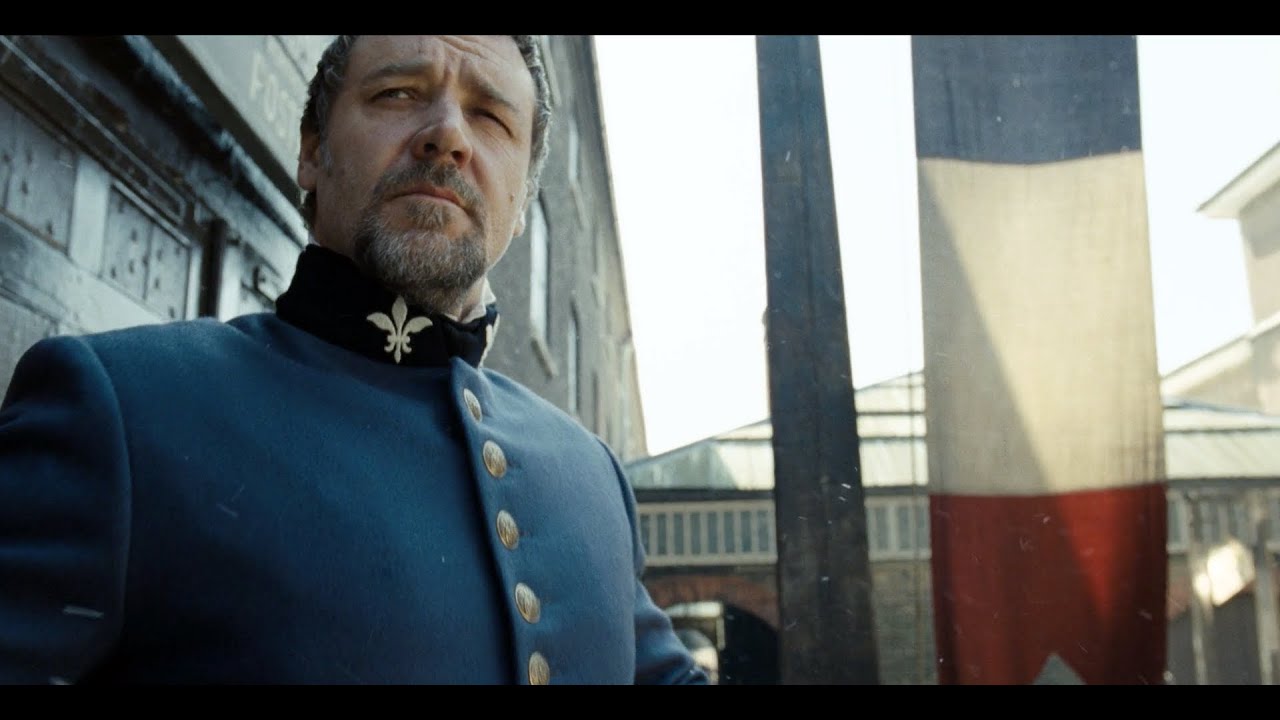
‘Les Miserables’: A Cultural Phenomenon
Since its unveiling, Les Miserables 2012 has reframed the landscape of musical representation in cinema. It has sparked a renaissance within the genre, spurring a cascade of adaptations from stage to screen. From Broadway revivals to international tours, the vibrant legacy of this epic tale continuously resonates, solidifying its status within contemporary narratives.
Moreover, the film has broad cultural implications, inspiring educational institutions to examine the intersection of literature and performance. The poignant themes explored in Les Miserables have found their way into academia, prompting fresh discussions and new adaptations that keep the dialogue vibrant.
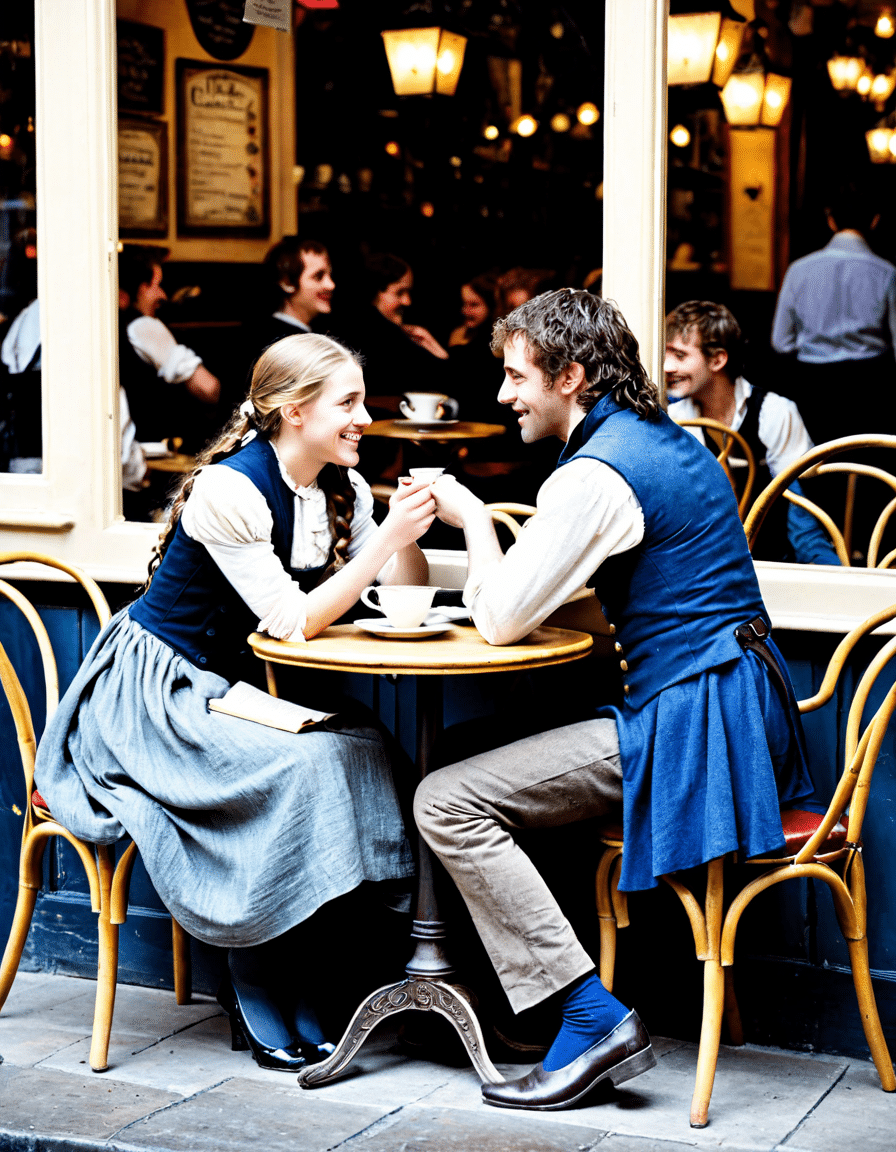
The Legacy of ‘Les Miserables 2012’
When we reminisce over Les Miserables 2012, it’s clear its influence extends far beyond critical acclaim and box office records. This cinematic phenomenon has revitalized interest in classic literature adaptations, encouraging new generations of artists to delve into the rich fabric of musical theater. It serves as a beacon for aspiring actors and musicians, illuminating the path toward creative exploration.
The performances have not only galvanized existing theater communities but have also inspired a wave of new talent passionate about musical storytelling. As we look to the future, the interplay between storytelling, technology, and live performance promises thrilling innovations, ensuring that the formidable legacy of Les Miserables continues to flourish.
In essence, Les Miserables 2012 stands as a monumental testament to the art of storytelling. It invites us not only to remember its beauty but also to contemplate the essence of sacrifice and resilience present in our own lives. As we navigate through an ever-evolving cultural landscape, let’s hold dear to the lessons imparted through this magnificent work, celebrating its extraordinary capacity to engage and transform.
As we continue to explore the diverse facets of arts and culture, one can’t help but be drawn back into the powerful world of Les Miserables 2012, a piece that truly encapsulates the heart and soul of musical theatre, quite effortlessly etching itself into our collective consciousness.
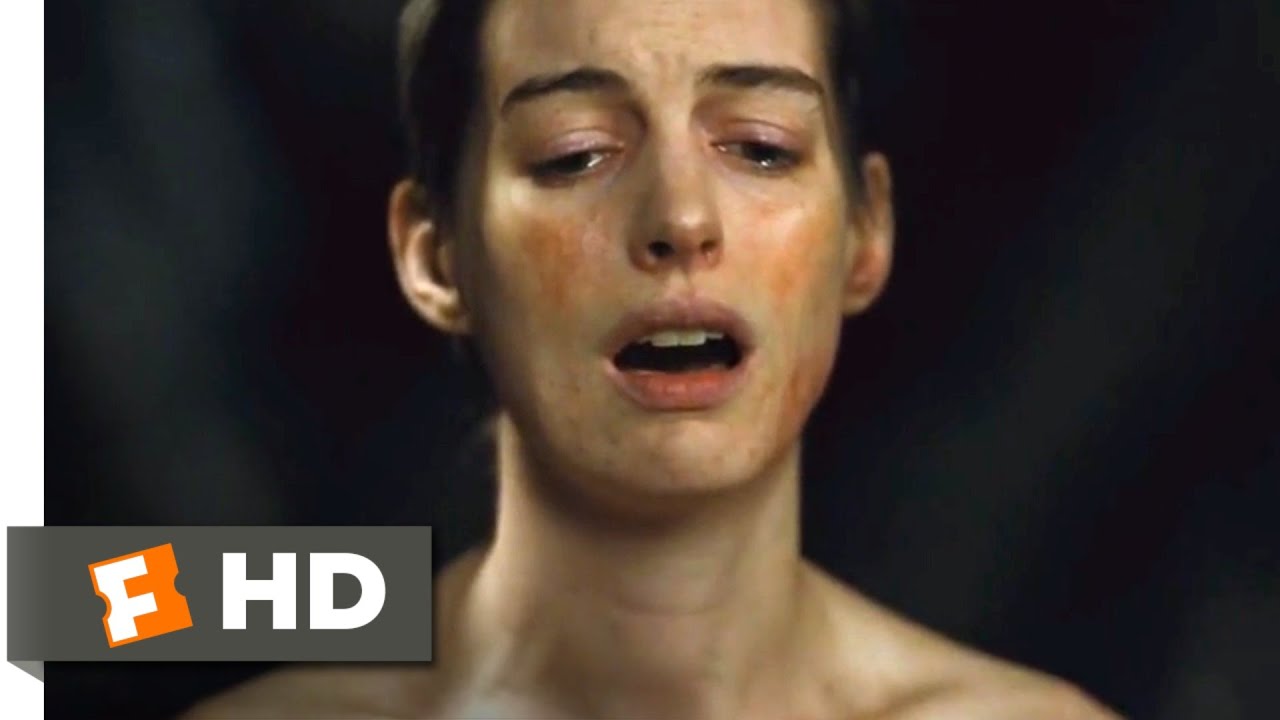
Les Miserables 2012: Captivating Musical Masterpiece
A Journey Through Time and Talent
Did you know that “Les Misérables 2012” is actually adapted from the beloved novel by Victor Hugo, which was published way back in 1862? This timeless tale of love, redemption, and the struggles of the human spirit has captivated audiences for generations. The 2012 film not only brought iconic characters to life but also featured stunning performances, including Hugh Jackman as the tormented Jean Valjean, who showcases some impressive range in his musical delivery—just like the heartfelt emotions seen in “I’m Just Ken” lyrics.
The cast also included big names like Anne Hathaway, whose portrayal of Fantine earned her an Academy Award for Best Supporting Actress. Hathaway’s performance of “I Dreamed a Dream” is so powerful that it’s said to have left many viewers teary-eyed. Speaking of household names, if you’re curious about modern celebs, you might want to check out this article on How old Is Kevin costner.
The Musical Connection
The movie’s beautifully arranged score features memorable songs like “One Day More” and “Do You Hear the People Sing?” These anthems resonate deeply, capturing the spirit of rebellion and hope. Interestingly, many fans don’t realize that the original stage production has been a massive hit, running in London’s West End for decades. It’s a testament to the show’s staying power, akin to the enduring popularity of The Beach boys cheerful tunes.
With its grand sets and poignant storytelling, “Les Misérables 2012” exemplifies how musical films can thrive in cinema. This film does not shy away from showing the struggles of its characters—reminding us all of our daily battles. If you’re looking for a cozy vibe to watch this film, why not consider the charm of a tiny house For sale? They’re all the rage for creating intimate spaces perfect for an evening of musicals!
A Film of Cultural Impact
Since its release, “Les Misérables 2012” has inspired countless adaptations, tributes, and discussions. You might catch references in pop culture or even see parallels drawn to modern issues, which goes to show how relevant Victor Hugo’s message remains. The film brilliantly tackles themes of justice and forgiveness that echo through time, much like the profound works of Salman Rushdie who also explores the intricacies of society and identity in his literature.
In the end, “Les Misérables 2012” isn’t just a movie; it’s an experience that engages the heart and mind. Whether you’re humming along to the songs or reflecting on the themes, it leaves a lasting impression. So, if you ever need a reminder of resilience, or just want to enjoy a spectacular visual feast, this film is a perfect pick. Just like Ben Affleck’s latest venture into fatherhood inspires stories of family dynamics, “Les Misérables 2012” delivers a moving journey of humanity, making it a must-watch for all!
